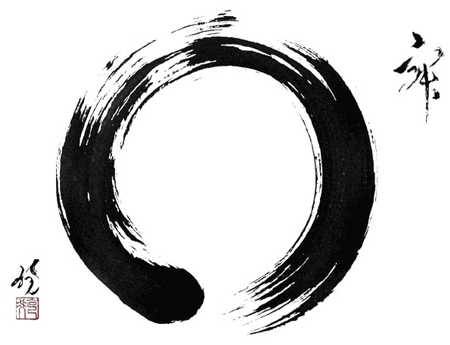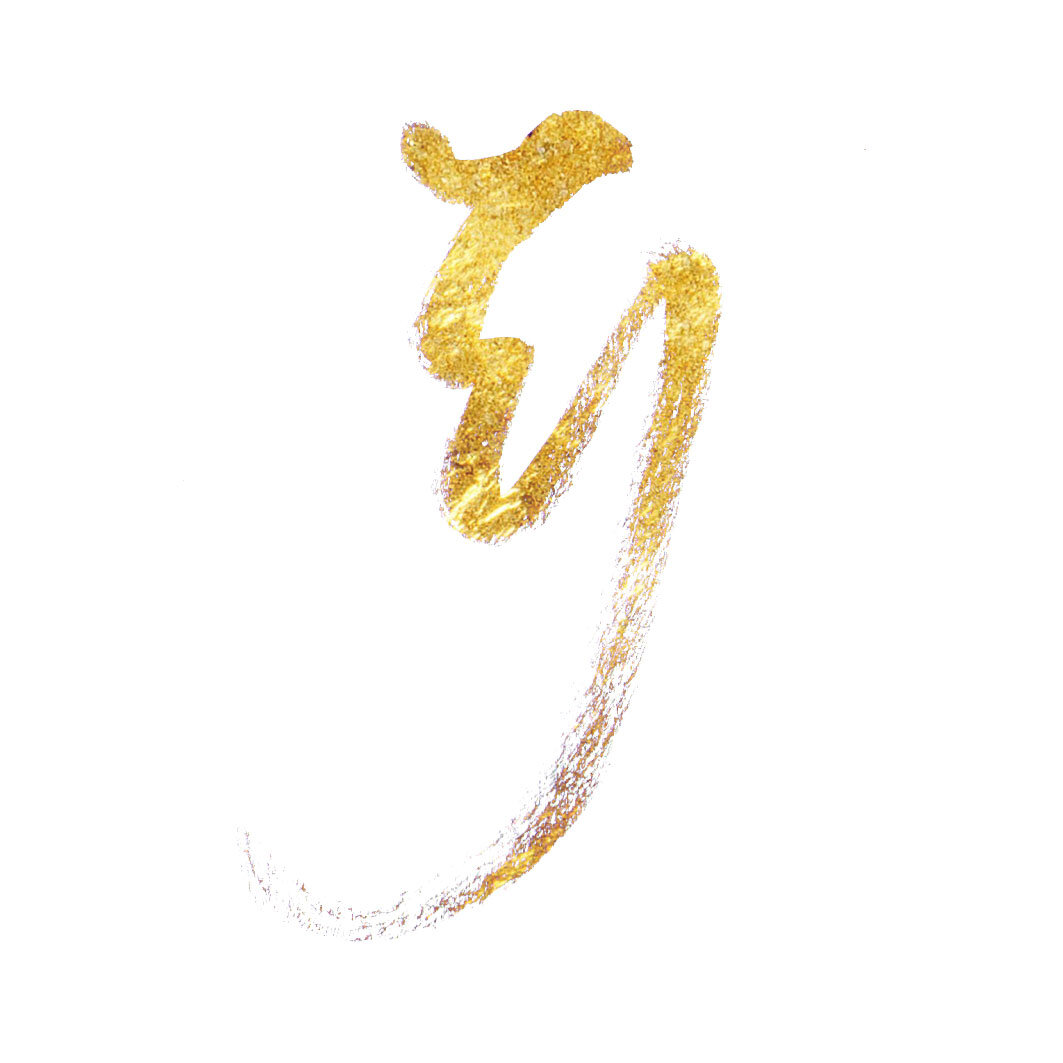Yo Mamma’s Tongue, Kototama? 言霊, Lost in translation?

Having moved inland to the countryside, rice fields replacing the salty breeze of my previous home, rural life is far more conservative than I’d come to expect. As a result my surroundings have made me step back and revaluate the opinions and stances that I’d thus far put on Japan as a whole. One notion in particular that I initially thought of as being an immovable cliché of Gaijin life has become way more irregular – perhaps it’s all the insecticide in the air. I’m talking about Japan’s proud obsession with its own verbal codes and the philosophy of separateness that it wears on its sleeve.
Many Japanese words are laden with untranslatable meaning and are correctly touted as impossible to convey in any other language but there is one word that I have taken a real liking to. Kototama is a term that is more than the sum of its parts. Best described as a kind of magical ‘Word Spirit’, a sacred spirit of the Japanese nation contained in its mother tongue, it has strong links to the animistic Shinto religion and takes itself incredibly seriously. In English we have an expression ‘to eat one’s words’, Kototama makes a meal out of this term.
Kototama is the understanding of power within the spoken word, understanding why a decent Kiai battle-cry really can go straight through you, possibly understanding why focus and sensitivity are crucial in the Japanese hierarchical social code, and definitely understanding why asking for directions usually leads to a strange level vagueness for fear of saying the wrong thing… I think it’s a very grand metaphor, summing up quite succinctly its own vaulted cultural uniqueness and societal tip-toeing compared to other tongues.
According to the tenets of Kototama you quite literally are what you say - it follows that if you cuss then cursed things will become you. For example if during an altercation I told you in no uncertain terms to jump up, sit and swivel on my middle finger, I would end up having a seriously sprained wrist and a broken finger in a day or two and you would be hard pressed to sit on anything else than an inflated air cushion.
Kototama is a beautifully culpable premise, as if the Mother deity of Japan herself (Amaterasu Omikami) fiendishly concocted a way into convincing her kids out of throwing naughty words at each other. Could this explain why curse words in Japan are such a non-existent entity? Why they are socially unsanctioned forms of speech and inadmissible in everyday life? Swear words simply don’t toe the line whereas, interestingly, Bakka does. The word Bakka (idiot) has more emotional clout in starting a fight than any naughty four letter posturing could ever cause - the end justifying the means there but without the resort to crude language.
People assume that English has no equivalent because we speakers are not a collective tribe (unless you start thinking Biblically or like Gandalf) and that’s the point. If you think of Kototama as a quintessentially Japanese trait - a tribal product - then of course English has no clearly defined spirit. In fact English couldn’t be more fractured tribally if it tried; a colonial hodgepodge, a beautiful accident of magnificent variation and usage.
Why not then? Why dismiss the most successful and overarching language on earth? Might English actually have a reflective spirit all of its own? Maybe it does have a palpable power locked inside its amazing etymology for example. Maybe the English Language Kototama is found in its writing, the pen being mightier than the sword? What about other languages, such as French, the language of Love? I’ve a suspicion that this whole Kototama business is more than the sum of its parts – including Japan. Heaven’s forbid but I swear the answer’s out there somewhere.
:: Kindly Submitted by Baka Sensei! Read more on Wikipedia
